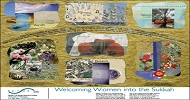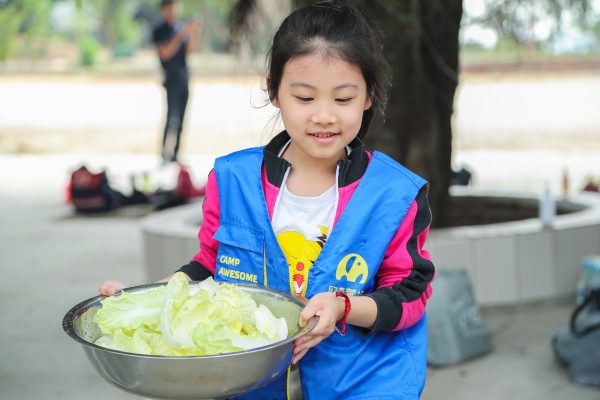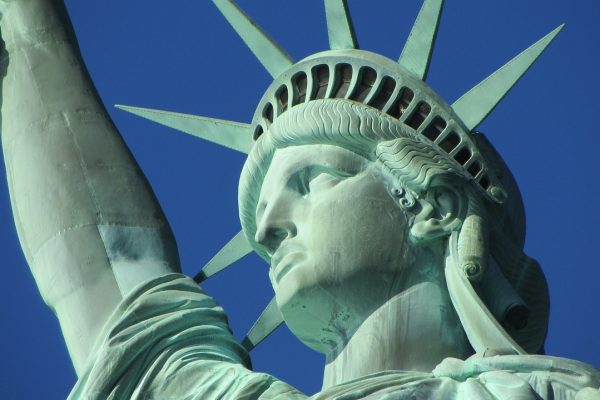Ushpizot is an Aramaic word meaning guests. According to Jewish tradition, each night of Sukkot, a different set of guests is invited to rejoice with us in the Sukkah. While the custom of inviting Ushpizin, seven bibilical male leaders, has been widely celebrated, there are also medieval sources that suggest inviting the seven female prophetesses: Sarah (Genesis 16,21), Miriam (Exodus 2:1-9; 15:20-21), Deborah (Judges 4-5), Hannah (I Samuel 25), Huldah (II Kings 22:10-20), and Esther (Book of Esther).
These full color, 27″ x 32″, laminated posters are available from Ma’yan: The Jewish Women’s Project of the JCC in Manhattan. To order, email Ma’yan, infomayan@mayan.org. For more information about the biblical women, the images on the poster and how to plan an ushpizot program or ritual, see the Ushpizot Guide.












